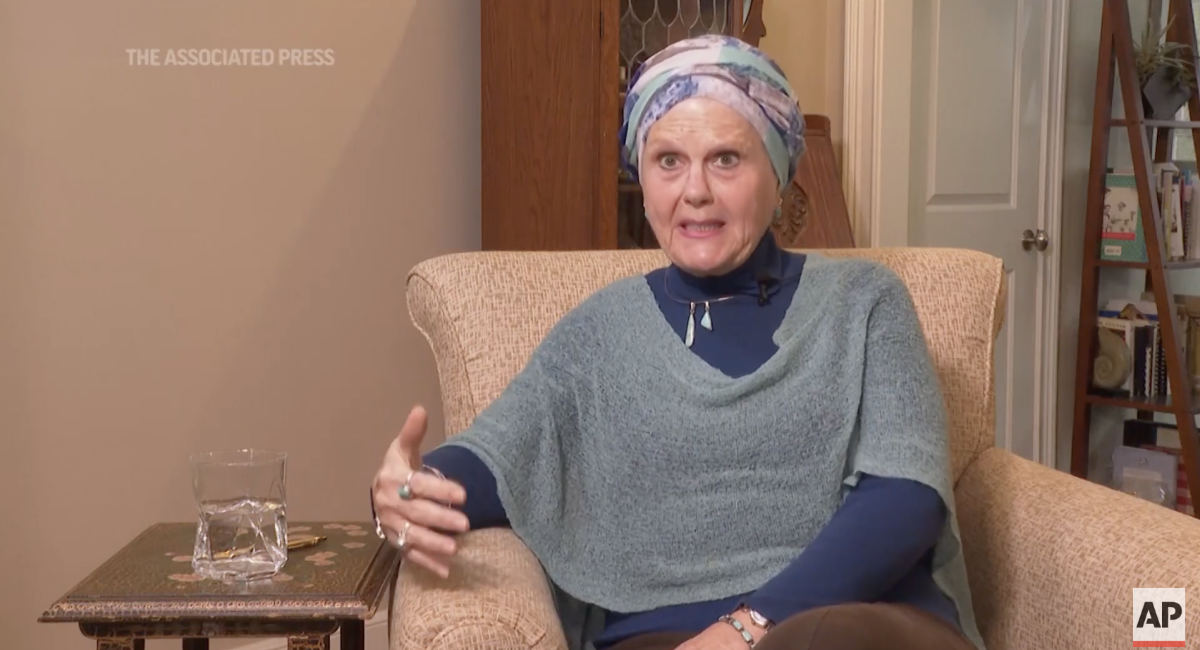A Connecticut woman has become the first person to receive out-of-state approval for assisted suicide in Vermont.
Live Action News reported on Lynda Bluestein in September 2022, after she sued the state of Vermont to loosen its residency requirements surrounding assisted suicide. Bluestein, who hails from Bridgeport, Connecticut, argued that the requirements violated the Equal Protection, Commerce, and Privileges and Immunities clauses of the U.S. Constitution. This week, it was revealed that Vermont reached a settlement with Bluestein, allowing her to travel to the state for the assisted suicide procedure.
“I was so relieved to hear of the settlement of my case that will allow me to decide when cancer has taken all from me that I can bear,” said Bluestein, 75, who has fallopian tube cancer. “The importance of the peace of mind knowing that I will now face fewer obstacles in accessing the autonomy, control, and choice in this private, sacred, and very personal decision about the end of my life is enormous.”
While the state is allowing Bluestein to access assisted suicide, lawmakers are also concurrently considering legislation that would permanently loosen the residency requirements, thereby opening the door to “suicide tourism.”
Compassion & Choices Vermont, a pro-euthanasia group that had supported Bluestein in her quest, released a statement praising the decision.
“We are thrilled that Lynda no longer has to worry about needless suffering at the end of her life, thanks to this settlement,” said Amitai Heller, senior staff attorney for Compassion & Choices. “But we intend to refile this lawsuit if Vermont lawmakers do not pass legislation to repeal the unconstitutional residency requirement for medical aid in dying. We hope other jurisdictions with medical aid-in-dying laws will recognize this issue and repeal their residency requirements, so we don’t have to file litigation to make it happen.”
Mary Hahn Beerworth, executive director of the Vermont Right to Life Committee, has been firm in her group’s opposition to expanding assisted suicide. “To be clear, Vermont Right to Life opposed the underlying concept behind assisted suicide and opposes the move to remove the residency requirement as there are still no safeguards that protect vulnerable patients from coercion,” she said.
Meanwhile, lawmakers in Bluestein’s home state of Connecticut are also considering a bill that would allow assisted suicide and euthanasia.








